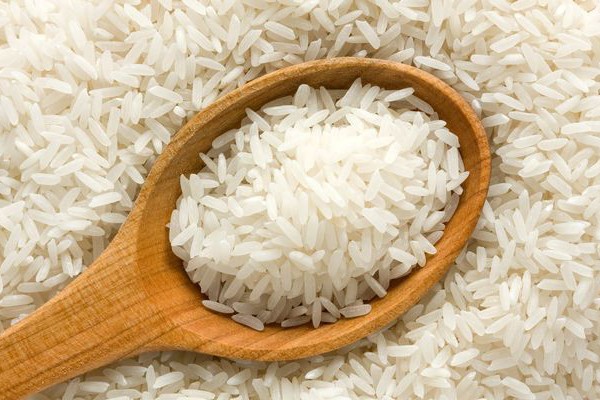The European Commission has accepted the plea submitted by the Rice Exporters Association of Pakistan (REAP) against India on the Geographical Indication (GI) tag of Basmati rice.
The body had filed the Reasoned Statement in opposition to India’s claim of GI of Basmati on Feb 5, after sending the Notice of Opposition on Dec 7, 2020.
Pakistan will now directly advocate for the protection of Pakistan’s GI rights over the variety of rice with the case reaching its third stage where all the contesting parties will engage in consultations with each other.
The parties will engage in negotiations for three months in a ‘pre-trial phase’ i.e. till May 6, whereby parties are encouraged to reach an amicable solution.
After the consultations are completed and in case no settlement is reached, the fourth stage of the trial will commence in the tribunal of DG Agriculture, European Commission.
It may be mentioned here that after the registration of the GI tag for Basmati rice, Pakistan has also decided to register pink salt as its GI product in order to stop India from registering the same as Himalayan salt.
Adviser to Prime Minister on Commerce Razak Dawood, in a meeting held earlier last month, had said that this move will encourage and motivate local producers to expand their business at a global level.
“For this purpose, a registrant will be designated with the approval of the federal cabinet,” he said. “At the same time, other products [for GI registration] will be pursued on a priority basis.”
He urged the business community to identify products that could be registered as GI in order to protect them from global exploitation.
Dawood said that the registration of GI products will serve as a potential economic tool to promote and enhance Pakistan’s national and international trade.
In Pakistan, GI law can protect products including Hunza apricots, Charsadda (Peshawari) chappal, Multani halwa, Hala’s Ajrak, Sargodha’s kinnow, Kasuri methi, Sindhri mango, Dir knives, Swat wild mushrooms, Nili-Ravi buffalo, Chaman grapes, dates from Dera Ismail Khan, Turbat and Khairpur, Pashmina shawls, etc.
The geographical indication is a broad term that includes indications of source and appellations of origin. An indication of source means any expression or sign used to indicate that a product or service originates in a country, region, or location where the product originated, such as ‘Made in Pakistan’.
The terms of registration for an authorised user of a geographical indication will be for a period of 10 years from the date of filing of an application for registration. This exclusive right over the use of GI will be extendable for another 10 years.




